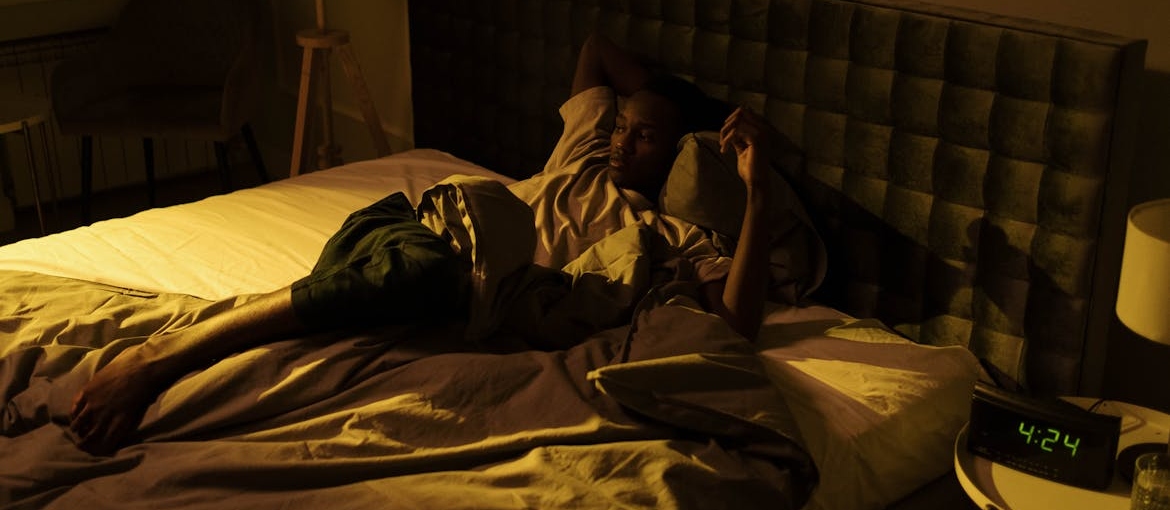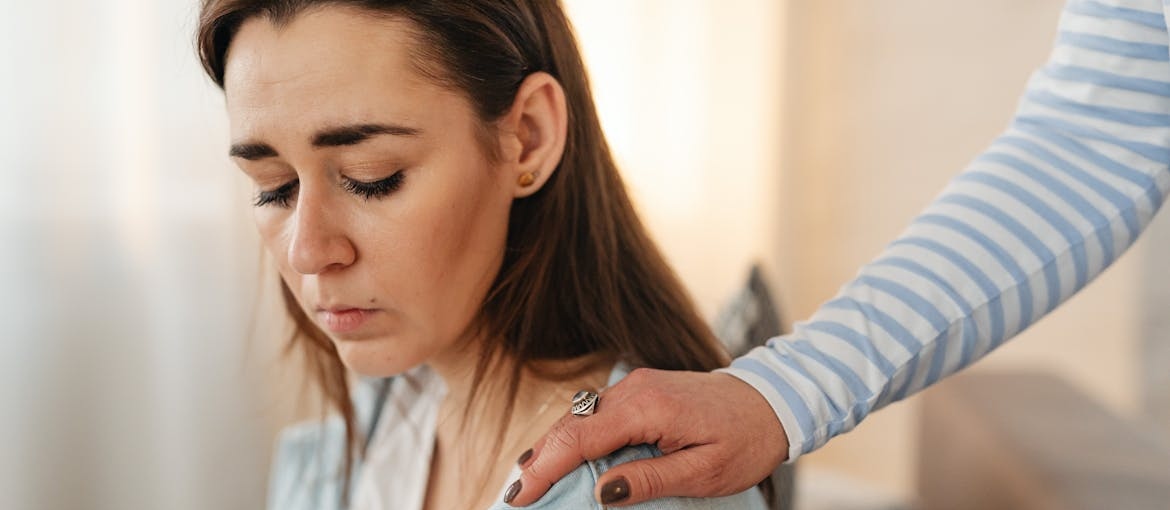Relapse doesn’t happen all at once. It builds over time, and most people don’t even realize it until it’s too late. That’s why learning the stages of relapse can help you spot the signs early and take action before things get worse. You don’t have to feel ashamed if you’ve slipped up. Recovery isn’t perfect—it’s personal. What matters most is what you do next. If you’re struggling right now, you’re not alone. Many people find strength again through therapy, support groups, and programs like drug and alcohol rehab in West Virginia. We’ll break it all down in a way that’s clear and honest. You deserve real support, not judgment. Let’s talk about what to look for, how to manage triggers, and what steps can keep you moving forward.
What Is Relapse and Why It Happens
Relapse doesn’t always mean you’ve given up. It means something triggered old patterns. You may not even realize it’s happening at first. Relapse is a process, not just a single event. Most people move through the stages of relapse long before they actually use. Stress, loneliness, and skipping support meetings often come first. Even something small, like a bad day, can reopen the door to old habits.

People in early recovery are especially at risk. So are those in high-pressure life stages. Programs like drug rehab for young adults focus on relapse prevention because this age group faces added stress from school, family, and social pressure. Relapse happens, but it doesn’t mean you failed. Knowing the stages of relapse gives you more control. You can make changes before things fall apart again.
The Three Main Stages of Relapse
Relapse doesn’t just happen in one moment. It builds step by step. Many people don’t notice the changes right away. That’s why it’s important to learn how the three stages of relapse usually unfold. When you know what to watch for, you have a better shot at stopping it. We’ll break down the stages of relapse—emotional, mental, and physical—so you can catch them early and take back control before things get worse.
Emotional Stage: Early Signs You Might Be Slipping
The first stage isn’t about using—it’s about what you feel. You might feel more tired, stressed, or easily annoyed. Maybe you stop going to meetings or skip daily routines that used to help. You might tell yourself you’re fine, but deep down, you feel off. This is when the risk begins. It’s easy to ignore the emotional stage because it doesn’t seem like relapse yet. But small habits and moods shift first.
Pay attention when you start to feel disconnected or stop asking for help. That’s often where the relapse begins. Talking about how you feel now can stop things from getting worse later. The stages of relapse always start here, even if it’s not obvious at first. Knowing the 3 stages of relapse gives you a better chance of staying ahead.
Mental Stage: When the Urge to Use Gets Stronger
This is when the thoughts start. You may begin to miss the escape you used to get from using. You might start telling yourself it wasn’t that bad or believe you can control it now. The mental stage builds slowly but can get loud fast. Some people play out the idea of using in their heads and even start planning it. This is when support and coping tools matter most.
Talking to someone, going to a meeting, or using something like dialectical behavior therapy for addiction can help break the mental pattern. Therapy helps you challenge thoughts that push you toward relapse. It gives you real tools to calm your mind and shift focus. The three stages of relapse don’t always move fast, but when you reach this stage, things can change quickly if you don’t act.

Physical Stage: The Actual Act of Using Again
The physical stage is what most people think of when they hear “relapse.” But it’s the final step in the chain—not the beginning. This is when someone uses the substance again. It might happen after days or weeks of emotional and mental buildup. Some return to heavy use fast. Others feel ashamed right away. Either way, this stage can be dangerous.
If you or someone you care about ends up here, it doesn’t mean everything’s lost. Long-term support is the next best step. If things have reached this point, long term drug rehab WV programs may give you the structure and help needed to rebuild. They focus on stability, daily care, and relapse prevention. Don’t face this stage alone. Understanding the stages of relapse helps you recover with the right tools and people by your side.
Recognizing Warning Signs Before Relapse Happens
The signs are usually there—you just have to catch them early. If something feels off, don’t brush it aside. Look at your habits, your thoughts, and how you feel each day. People rarely jump straight to relapse. They go through the emotional and mental stages first. Pay attention to what’s slipping. Then speak up or reach out. Acting early gives you more power. Here are some signs to watch for:
- Skipping meetings
- Isolating yourself
- Poor sleep
- Thinking about the past
- Defensiveness

Building a Relapse Prevention Plan That Works
A plan gives you something solid to fall back on when things get hard. Without it, you’re more likely to slip into old habits. But creating a relapse prevention plan doesn’t have to be complicated. You just need structure. Start with your daily routine—what helps and what hurts. Add support: therapy, meetings, friends who get it. Know your top triggers.
Then plan what to do when they hit. That might mean calling someone, writing things down, or taking a walk. Make the plan personal. What works for someone else might not work for you. Your plan should help you catch the stages of relapse before they reach a breaking point. Keep it where you can see it. Go over it often. The more real it feels, the more likely you are to follow it.
Healthy Coping Skills for Long-Term Sobriety
Recovery doesn’t work without healthy ways to handle stress, sadness, or anger. That’s where coping skills come in. You don’t have to figure everything out on your own. These tools don’t need to be perfect—they just need to help you pause and breathe. When the stages of relapse begin, these skills can keep things from getting worse. Practice them even on the good days. That way, they’ll feel easier to use when you need them. Try a few and see what works:
- Deep breathing: Helps calm your body and slow racing thoughts.
- Journaling: Gives you a safe way to release emotions without shame.
- Talking to someone: Keeps you connected and grounded when you feel overwhelmed.
- Going for a walk: Moves your body and gives you space to think.
- Distraction activities: Keep your mind off cravings when they hit hard.

What to Do If You Relapse
Relapse can make you feel like you’ve failed. But it’s more common than you think—and it doesn’t mean it’s over. What you do next matters. The best thing you can do is pause and take action right away. Let go of the shame and focus on solutions. You still have time to turn things around. These next three steps will help you respond with clarity, support, and a real plan to move forward.
When to Seek Help From Your Treatment Team
Some people try to fix a relapse alone. But that’s not always the safest or most effective way to move forward. If the relapse was more than a one-time slip or lasted several days, you may need support right away. Reach out to your therapist or case manager. Don’t wait. If you had medical needs before, you’ll want guidance again. This is also a time to look at coverage.
For those using PEIA insurance rehab coverage, many treatment centers in the state will accept your plan. You don’t have to delay care. Relapse is hard, but it’s easier with help. Your team knows you, understands your history, and can adjust your plan fast. Getting back into care doesn’t mean starting over. It means you’re still choosing recovery, even now. That choice matters more than anything.
How to Get Back on Track Without Shame
Relapse hurts, but shame keeps you stuck. You can recover from this, even if it feels hard right now. Many people go through the stages of relapse more than once. You can learn from it. Start by telling someone you trust. Then go back to the basics—routine, support, sleep, meals, connection. Focus on now, not yesterday. Here are some things that can help when you need to get back on track:
- Talk to a sponsor, therapist, or close friend
- Get back into a daily structure you trust
- Write down what led to the relapse
- Remove any substances from your space
- Go to a meeting as soon as possible
- Be honest with yourself—shame grows in silence
- Remember relapse is part of some people’s process

Using a Relapse as a Learning Tool
A relapse isn’t just something to recover from—it’s something to learn from. That’s how people grow. If you look closely, you’ll likely find warning signs you missed or pushed aside. Think about what happened emotionally and mentally in the days or weeks before. Then think about what support helped you most in the past. Recovery isn’t just about stopping—it’s about healing. That healing often includes relationships too.
If you have strained family ties, programs that include family therapy for addiction can make a big difference. These programs help loved ones understand what happened and how to rebuild trust. You don’t have to face this alone. Recovery works better when everyone involved is learning and growing together.
Supporting a Loved One Through Relapse Risks
Watching someone you love move through the stages of relapse is painful. You might feel helpless, angry, or scared. It’s hard to know what to say—or how to help without doing too much. But your support can make a big difference. Listen without judgment. Stay calm when they open up. Offer to help them find care.
Sometimes that means calling a place like an alcohol rehab center Clarksburg WV residents recommend. You don’t have to fix it alone. Encourage them to reconnect with their therapist or group. Let them know they’re still loved. Set limits if needed, but don’t shut them out. Relapse doesn’t erase all progress. It’s one step back, not the end. Your patience, honesty, and steady presence may be the thing that helps them choose recovery again.

Staying Focused and Motivated Through Every Stage
Recovery isn’t one straight line. It’s ups and downs, good days and hard ones. These habits can help you stay on track:
- Daily check-ins: Ask yourself how you feel and what you need.
- Celebrate milestones: Even one week sober deserves recognition.
- Limit stress: Cut out things that bring extra pressure into your life.
- Use visuals: Keep notes or reminders of why recovery matters to you.
- Stay connected: Text a friend or go to a meeting—even when you feel okay.
Relapse Doesn’t Mean the End—It Means Start Again
Relapse doesn’t mean you’ve failed. It means something needs to change—and you can still make that change today. The stages of relapse give you a clear way to understand what’s happening and what to do next. You don’t have to wait until things fall apart. Reach out to someone, stick to your plan, and be honest about what you’re feeling. Talk to a therapist. Call a sponsor. Take one step forward. Even if you’ve slipped, you can recover again. Every day is a chance to do something different. You’re not weak for needing help—you’re human. What matters now is what you do next. Stay connected. Stay open. And keep learning what works for you. If you’re here, you’re already trying. And that matters more than you think.



